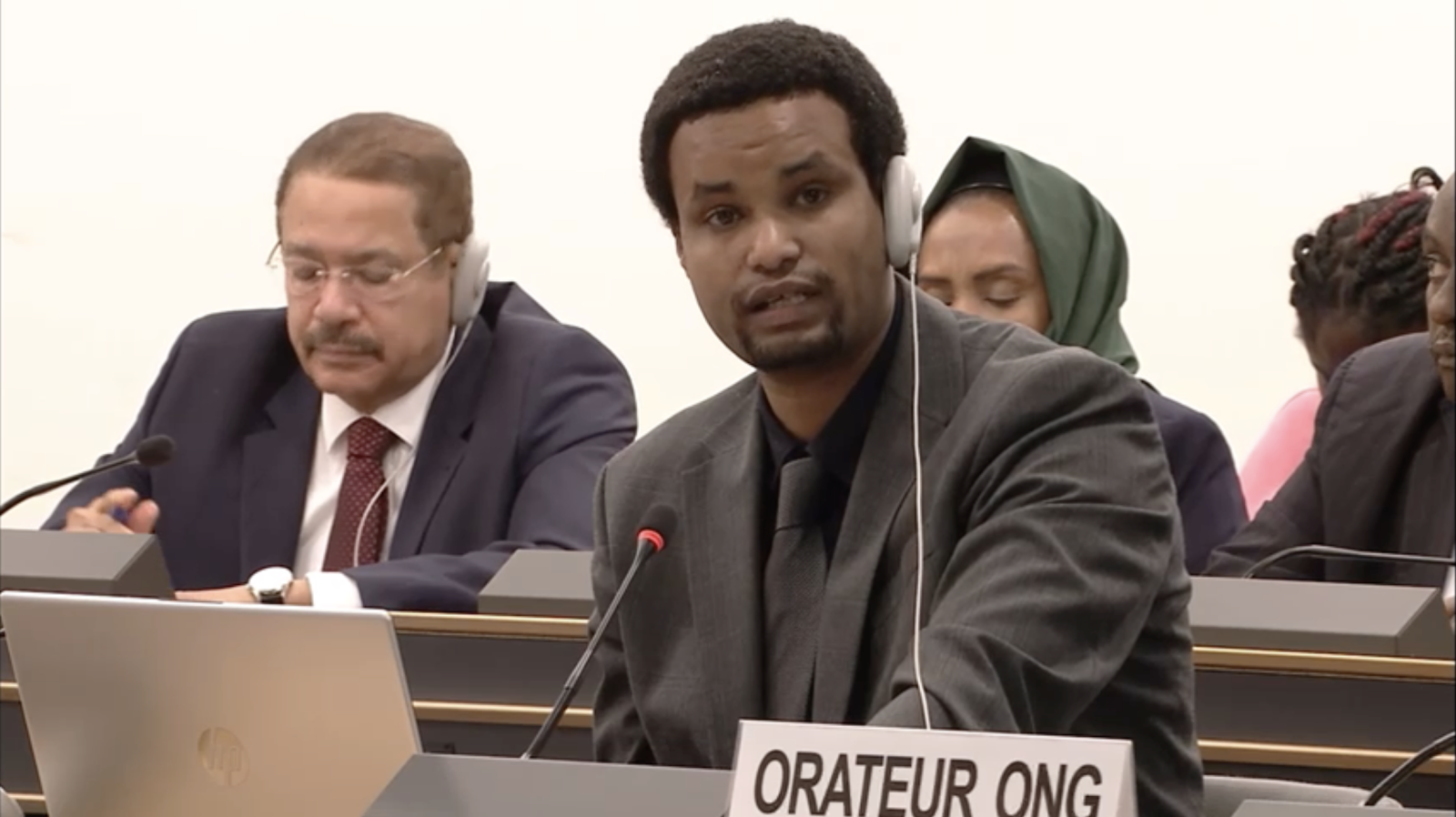25 November 2024: International Day for the Elimination of Violence against Women
By Carolina Atlee / GICJ
Context:
The International Day for the Elimination of Violence against Women is annually observed on 25 November. Although women’s rights activists have acknowledged the date since 1981 in memory of the Mirabal sisters, this Day has been officially recognised by the United Nations General Assembly since 7 February, 2000.[1] [2] Three of the four sisters, who were assassinated on 25 November 1960, by the orders of the Dominican military dictator, Rafael Trujillo, were political activists who posthumously became representative of feminist resistance.
This International Day aims to raise awareness to both the frequency and severity of violence against women. According to United Nations statistics, almost a third of women experience violence in their lives. [3] Of these, teenage girls are especially vulnerable, with a quarter of adolescent girls facing abuse from their partners. [4]
UNiTE:
In 2008, the UN Secretary-General launched the UNITE to End Violence against Women initiative (UNiTE). Beginning with the International Day for the Elimination of Violence against Women on 25 November, UNiTE promotes a campaign involving 16 days of activism, ending with International Human Rights Day on 10 December. “16 Days,” as the campaign is often referred to, aims to highlight the connection between violence against women and human rights.[5] Since its origins in 1991, 16 Days has garnered the support of over 6000 organisations in 187 countries, reaching over 300 million individuals.[6]
This year, UNiTE’s theme – “Every 10 Minutes, a woman is killed. #NoExcuse. UNiTE to End Violence against Women” – addresses the shocking statistic that at least 51,100 women were murdered by partners or family members in 2023. [7] By raising awareness to this, they campaign to end impunity, adopt, implement and fund national action plans, and invest in prevention methods/women’s rights organisations.
UNiTE emphasises that everyone can contribute towards ending violence against women. Especially governments, who have the responsibility of passing and ensuring the enforcement of laws and action plans. Statistics show that, in countries with legislation to end domestic violence, intimate partner violence affects 9.5% of women, compared to the 16.1% of women in countries lacking such legislation.[8] Additionally, companies and institutions should implement policies in their constitutions, and individuals should promote zero tolerance of violence in homes, schools, communities, and digital spaces. [9]
UN action:
In 1993, the UN defined “violence against women” as:
“… any act of gender-based violence that results in, or is likely to result in, physical, sexual or psychological harm or suffering to women, including threats of such acts, coercion or arbitrary deprivation of liberty, whether occurring in public or in private life.” [10]
They attribute the underreporting of violence against women and girls to impunity, stigma, and shame. [11] Such violence includes, although is not limited to, intimate partner violence, sexual harassment, human trafficking, female genital mutilation, State-enforced violence, and child marriage.
A/RES/48/104 suggests measures for States to ensure the elimination of violence against women. Notably, Article 4(c) calls for States to “[exercise] due diligence to prevent, investigate and, in accordance with national legislation, punish acts of violence against women, whether those acts are perpetrated by the State or by private persons.” [12] Further, States should develop penal, civil, labour, and administrative sanctions for violence against women,[13] and should also “[cooperate with non-governmental organisations in addressing the issue of violence against women.”[14]
Since A/RES/48/104 in 1994, the UN has continued to work towards the elimination of violence against women. Notably, 2024 is the twenty-fifth anniversary of the initial declaration of the International Day for the Elimination of Violence against Women – in 1999, prior to its official establishment in 2000. In acknowledgement of this, the UN General Assembly is holding a full-day press release which can be followed live on 25 November on UN Web TV. During this, the United Nations Office on Drugs and Crime (UNODC) will release their report “Femicides in 2023: Global estimates of intimate partner/family member femicides.”
GICJ stance:
Geneva International Centre for Justice (GICJ) welcomes UNiTE’s theme this year and awaits the UNODC’s report, which we urge all parties to read to raise awareness of the regular and severe violence that women face. On this International Day, GICJ remembers the experiences and courage of all women who have suffered abuse, in particular those who have tragically lost their lives as a result of this senseless violence. Furthermore, we highlight the importance of the upcoming 16 Days in advocating for stronger policies, as well as the acknowledgement of women’s realities all around the world.
References:
[1] A/RES/54/134, Para 12(2).
[2] https://www.un.org/en/observances/ending-violence-against-women-day/background
[3] https://www.un.org/en/observances/ending-violence-against-women-day
[4] https://www.un.org/en/observances/ending-violence-against-women-day
[5] https://16dayscampaign.org/about-the-campaign/
[6] https://16dayscampaign.org/about-the-campaign/
[7] https://16dayscampaign.org/about-the-campaign/
[8] https://www.unwomen.org/en/what-we-do/ending-violence-against-women/unite/theme
[9] https://www.unwomen.org/en/what-we-do/ending-violence-against-women/unite/theme
[10] A/RES/48/104, Article 1.
[11] https://www.un.org/en/observances/ending-violence-against-women-day
[12] A/RES/48/104, Article 4(c).
[13] A/RES/48/104, Article 4(d).
[14] A/RES/48/104, Article 5(h).
Photo: UN Women
#GenevaInternationalCentreForJustice #Geneva4Justice #GICJ #InternationalDayfortheEliminationofViolenceAgainstWomen #UNITE #MirabelSisters #DomesticAbuse







